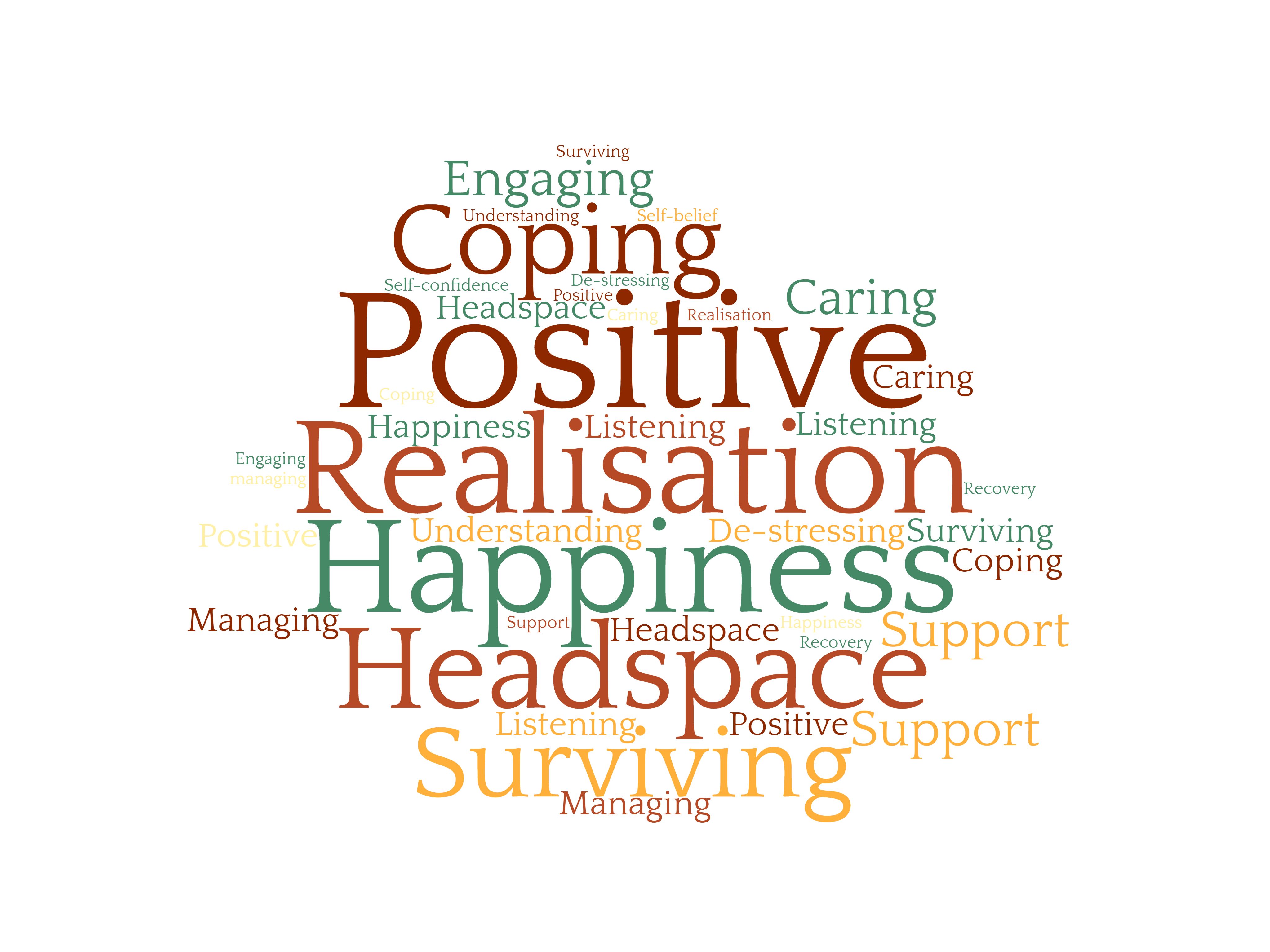Benefits of Counselling
From time to time, life can present us with periods of stress and difficult situations. Sometimes, periods of stress and difficult life events have a negative impact on the quality of our emotional and mental health.
Because emotional and mental health are important components of our overall health, it is essential that during difficult times we take steps to protect these.
This means there are times in life when we might benefit from availing of professional support for our emotional and mental health.
“When we are no longer able to change a situation, we are challenged to change ourselves”. – Viktor E. Frankl
One of the ways that we can do this is by engaging in counselling which is a recognised talk therapy and professional psychological support.
Although counselling helps different people in different ways, it can be a important form of support for people during times of stress, overwhelment, loss, and uncertainty. For example,
- Counselling can provide someone who is feeling stressed, emotionally upset or mentally distressed with the experience of being in a unique and professional space; unlike the increasingly pressurized pace of today's society, the therapy room can offer a person a safe, calm, and confidential space to discuss whatever personal difficulties they are experiencing.
- Because counsellors and psychotherapists are skilled at listening, engaging in counselling provides people with the vitally important experience of being heard - this alone can really help a person to understand themselves, their problems, and their life situation more clearly.
- Counselling can provide people with a professional space for offloading and releasing stuff that has built-up over time.
- Like all healthcare disciplines, the practice of counselling and psychotherapy is informed by theory and research. Because of this, counsellors and psychotherapists are equipped to deliver evidence-based interventions which can be effective in helping people better manage the symptoms of mental health issues like depression, anxiety, panic, trauma, and post-traumatic stress.
- Counselling can also help people to better understand the effects of past events, and in turn, help them to cope better with the emotional residue which can linger from experiences and traumas which happened in the past.
Method of Therapy
Each person is unique in terms of their personality, cultural background, and life experience, meaning everyone will respond differently to stressors and difficult life events. Because of our diversity as human beings, the method of psychological therapy that I practice is pluralistic; rather than drawing from one psychological therapy, I combine a range of psychological therapies including humanistic, cognitive-behavioural, and systemic therapies in my treatment approach to peoples' problems.

